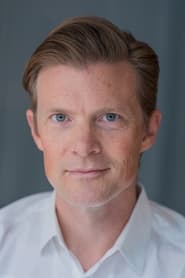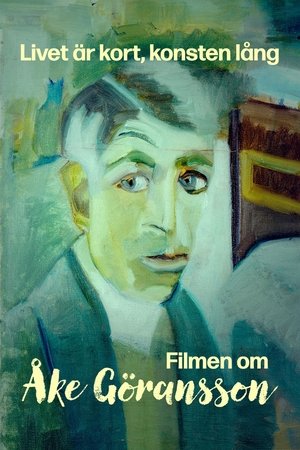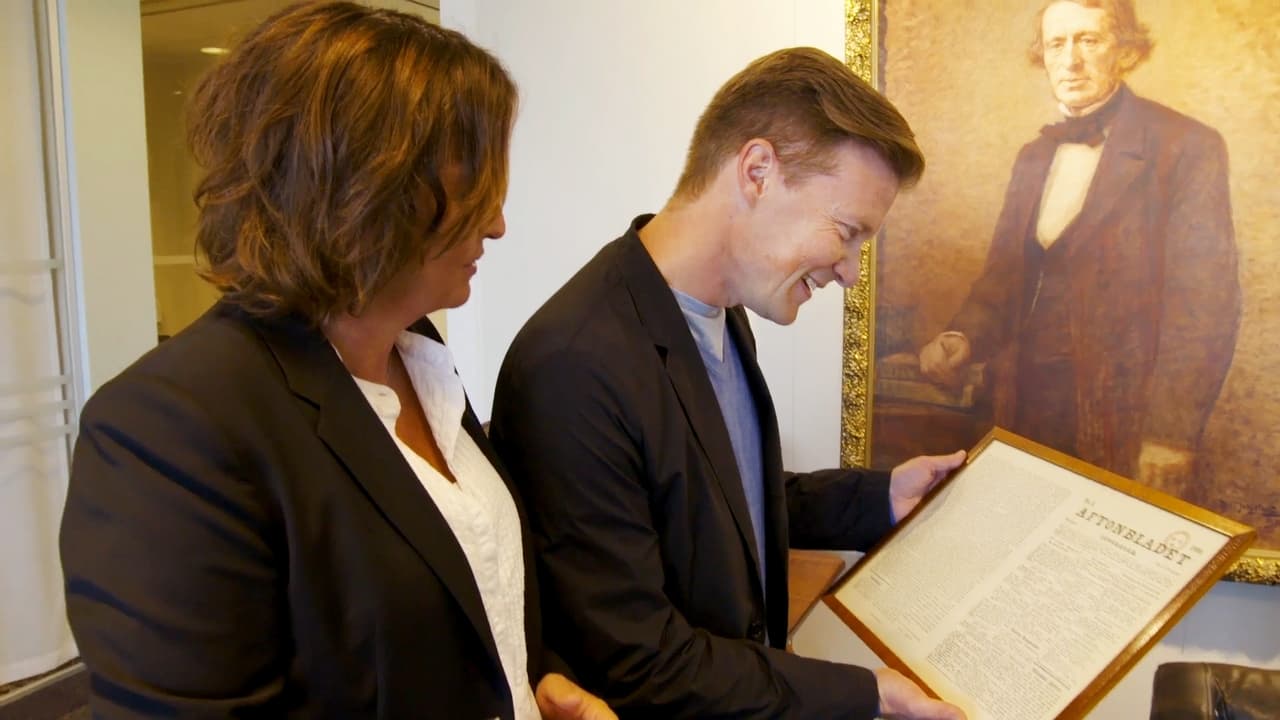
Sweden: Lessons for America?(2018)
A personal exploration by Johan Norberg
It's been suggested that Americans would be better off if the United States was more like Sweden. Do the Swedes know something that we don't? Sweden: Lessons for America? A Personal Exploration by Johan Norberg delves into the economic and social landscape of the Swedish scholar's homeland. Join him to see that the lessons to be learned from Sweden may not be the ones you expect. The one-hour documentary follows Norberg on a journey through the history of Sweden's economic rise, from one of the poorest countries in the world to one of the most prosperous. The program illuminates key ideas and enterprises that sparked the reform and continue to help Sweden maintain its lofty economic position, including freedom of the press, free trade, new technology companies, crazy jobs and even an old Swedish superhero.
Movie: Sweden: Lessons for America?
Top 10 Billed Cast
Video Trailer Sweden: Lessons for America?
Similar Movies
 6.9
6.9I.O.U.S.A.(en)
With the country's debt growing out of control, Americans by and large are unaware of the looming financial crisis. This documentary examines several of the ways America can get its economy back on the right track. In addition to looking at the federal deficit and trade deficit, the film also closely explores the challenges of funding national entitlement programs such as Social Security, Medicare and Medicaid.
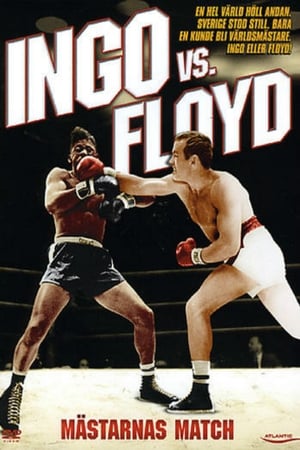 0.0
0.0The Masters Game - Ingo vs. Floyd(en)
A documentary about one of the most famous classic boxing match with the legendary swedish boxer Jens Ingemar "Ingo" Johansson going to New York to face the then current champion, Floyd Patterson.
The Unfinished Journey(en)
A short about American life and history produced for the millennium New Year's Eve celebration.
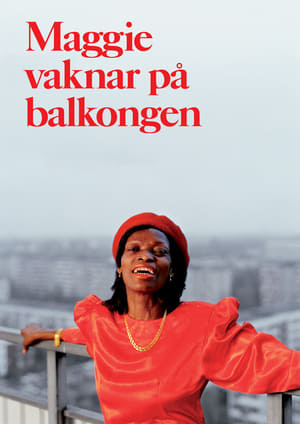 5.0
5.0Maggie in Wonderland(sv)
A portrait of Maggie, through Swedish everyday life. Maggie always co-ordinates high heels with a beret, and she loves gold. She lives on the 15th floor in one of Malmö’s suburbs. Her balcony is littered with reminders of her previous life. Under a golf bag, next to a racing ticket from 1999, are the remains of a pigeon that she killed when she couldn’t sleep.
 7.6
7.6The Corporation(en)
Since the late 18th century American legal decision that the business corporation organizational model is legally a person, it has become a dominant economic, political and social force around the globe. This film takes an in-depth psychological examination of the organization model through various case studies. What the study illustrates is that in the its behaviour, this type of "person" typically acts like a dangerously destructive psychopath without conscience. Furthermore, we see the profound threat this psychopath has for our world and our future, but also how the people with courage, intelligence and determination can do to stop it.
 7.2
7.2Enron: The Smartest Guys in the Room(en)
A documentary about the Enron corporation, its faulty and corrupt business practices, and how they led to its fall.
 7.1
7.1Roger & Me(en)
A documentary about the closure of General Motors' plant at Flint, Michigan, which resulted in the loss of 30,000 jobs. Details the attempts of filmmaker Michael Moore to get an interview with GM CEO Roger Smith.
 7.7
7.7The Take(en)
In suburban Buenos Aires, thirty unemployed ceramics workers walk into their idle factory, roll out sleeping mats and refuse to leave. All they want is to re-start the silent machines. But this simple act - the take - has the power to turn the globalization debate on its head. Armed only with slingshots and an abiding faith in shop-floor democracy, the workers face off against the bosses, bankers and a whole system that sees their beloved factories as nothing more than scrap metal for sale.
 7.8
7.8Who We Are: A Chronicle of Racism in America(en)
Jeffery Robinson's talk on the history of U.S. anti-Black racism, with archival footage and interviews.
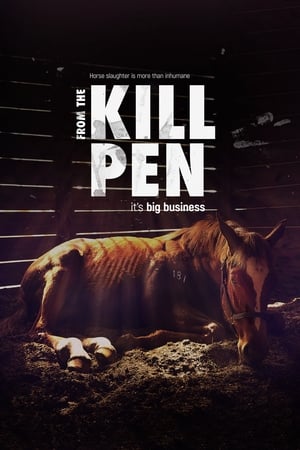 0.0
0.0From the Kill Pen(en)
Horse slaughter is more than inhumane. It's big business.
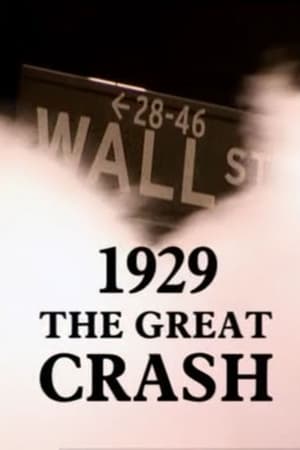 6.7
6.71929: The Great Crash(en)
A documentary exploring the causes of the 1929 Wall Street Crash.Over six terrifying, desperate days in October 1929, shares crashed by a third on the New York Stock Exchange. More than $25 billion in individual wealth was lost. Later, three thousand banks failed, taking people's savings with them. Surviving eyewitnesses describe the biggest financial catastrophe in history.
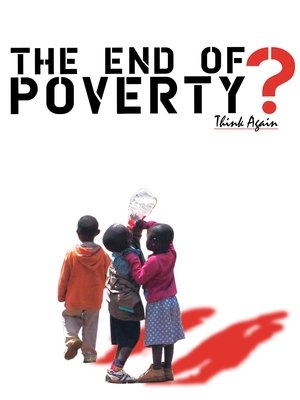 7.9
7.9The End of Poverty?(en)
The End of Poverty? asks if the true causes of poverty today stem from a deliberate orchestration since colonial times which has evolved into our modern system whereby wealthy nations exploit the poor. People living and fighting against poverty answer condemning colonialism and its consequences; land grab, exploitation of natural resources, debt, free markets, demand for corporate profits and the evolution of an economic system in in which 25% of the world's population consumes 85% of its wealth. Featuring Nobel Prize winner Amartya Sen and Joseph Stiglitz, authors/activist Susan George, Eric Toussaint, Bolivian Vice President Alvaro Garcia Linera and more.
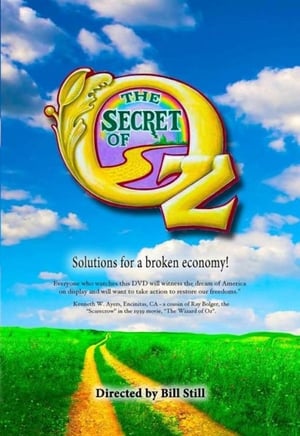 5.6
5.6The Secret of Oz(en)
It is well known in economics academia that The Wonderful Wizard of Oz written by L. Frank Baum in 1900 is loaded with powerful symbols of monetary reform which were the core of the Populist movement and the 1896 and 1900 president bid of Democrat William Jennings Bryan. The yellow brick road (gold standard), the emerald city of Oz (greenback money), even Dorothy’s silver slippers (changed to ruby slippers for the movie version) were the symbol of Baum’s and Bryan’s belief that adding silver coinage to gold would provide much needed money to a depression-strapped, 1890s America. We believe Baum’s symbols represent the only solution to relieve the growing economic hardship here in America – and the rest of the world. Practically speaking, 2009 marks the 70th anniversary of the 1939 MGM release of the The Wizard of Oz movie, so interest will be very high. Even Oz websites put up by kids get millions of hits.
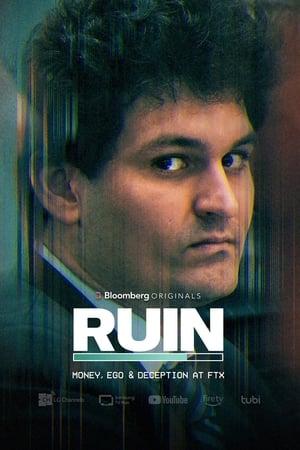 6.0
6.0RUIN: Money, Ego and Deception at FTX(en)
RUIN is a feature documentary about Sam Bankman-Fried and the stunning collapse of his cryptocurrency exchange, FTX, as narrated by Bloomberg journalists and some of the central players in the rise of digital assets.
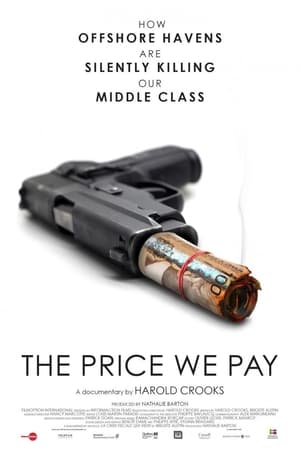 6.4
6.4The Price We Pay(en)
A documentary on the history and present-day reality of big-business tax avoidance, which has seen multinationals depriving governments of trillions of dollars in tax revenues by harboring profits in offshore havens.
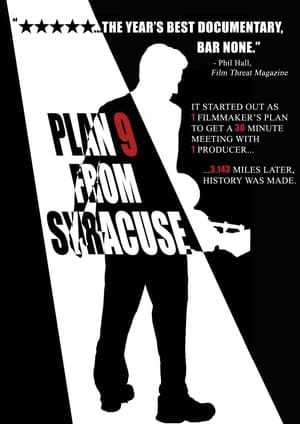 0.0
0.0Plan 9 From Syracuse(en)
On August 15th, 2006, filmmaker Ryan Dacko set out to get a 30-minute meeting with a major Hollywood producer by running on foot from Syracuse, New York to Hollywood, California.
 5.5
5.5The Bubble(en)
Diving deep into the true causes of the Great Recession, the financial crisis of the 2010s, renowned economists, investors and business leaders explain what America is facing if we don't learn from our past mistakes. Is the economy really improving or are we just blowing up another Bubble?

